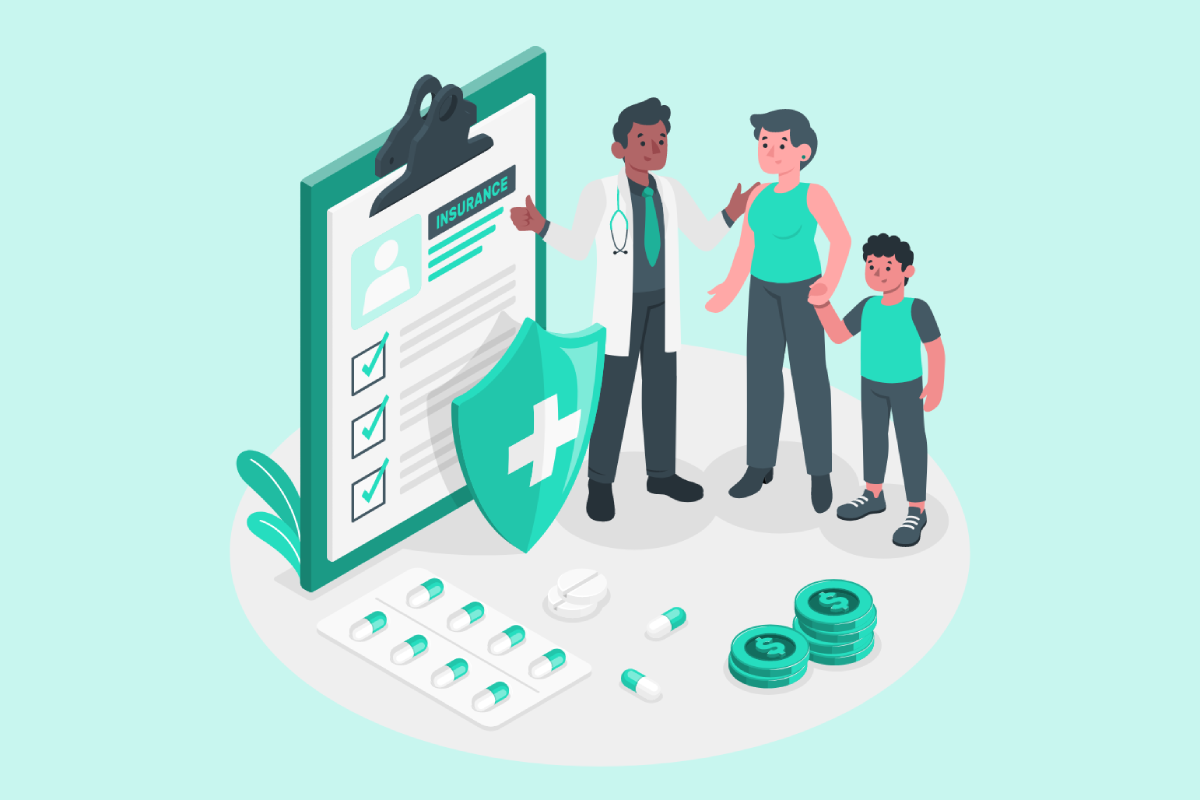Get certified in less than 60 days
The Easiest & Fastest Way To Learn Medical Billing

You can complete our training in as little as 4-6 weeks.
Our course will teach you everything you need to know.
We’ll guide you in the process of securing your first billing role.
Our Courses
What Will You Learn?
In this course, you’ll learn the basics and principles of medical billing, as well as more advanced topics.

What is HIPAA and what are the requirements for compliance?
- 1,8k+ Students
- 3h 15min
- 5.0 Reviews

Types of insurances and the differences between them
- 14k+ Students
- 15h 20min
- 4.7 Reviews

How to complete a claim form on behalf of the provider
- 6k+ Students
- 5h 15min
- 4.7 Reviews

Understanding and effectively using EOBs/ERAs
- 9,2k+ Students
- 2h 15min
- 4.9 Reviews

How to manage denials and resubmit them
- 4,5k+ Students
- 5h 15min
- 4.7 Reviews

And many more...
- 5k+ Students
- 39h 15min
- 4.2 Reviews

Certificate
Reviews
What they say about us?
Check out our testimonials below to see what they have to say about their experiences.




FAQ
Frequently Asked Questions
We have the answers to your questions.
Medical Billing is unlike what most people think of when they think of “billing”. The process of medical billing includes collecting reimbursement from both private and government insurance companies as well as patients who are ultimately a customer of a healthcare organization. Navigating these countless health plans, payer types, and ever changing healthcare regulations requires a highly specialized set of skills. Physicians, hospitals, and other healthcare organizations rely on knowledgeable medical billers, as the cash-flow and financial health of their business is ultimately only as strong as their biller(s).
Medical billers and coders have diverse duties that call for different skill sets and qualifications. An overview of each discipline:
In order for a computer system to understand the care given to patients, medical coders must first translate that treatment into codes. Current Procedural Terminology (CPT) and International Classification of Diseases, Tenth Revision (ICD-10) codes are two of the main categories of medical codes. It takes thorough understanding of medical jargon and adherence to CPT coding standards to assign the proper diagnostic and procedure codes.
Then, medical billers submit insurance claims and send payments to accounts using the guidance given by coders. Medical information must be correct in order for claims to be reimbursed. Billers resolve denials and rejections with insurance carriers, finalize the facts, and then send out statements.
Coding and billing positions typically call for particular personality types. You may do better if you strongly lean one way or the other depending on whether you consider yourself to be more extroverted or introverted:
If you consider yourself outgoing. Perhaps you’d want to work in medical billing. Billers must feel at ease speaking with patients and insurance companies over the phone, be able to interact effectively with a variety of people, and quickly address problems when they arise.
On the other hand, if you consider yourself to be a quiet person or introverted. You might feel more at ease with medical coding. Coders operate primarily independently on a daily basis, occasionally collaborating with other healthcare workers. This is usually a better choice for analytical, detail-oriented students who find chatting to people all day uncomfortable.
This is not an strict rule of course, a lot of students looking to get into medical billing tend to be introverted and while many successful coders are very outgoing but it is something for you to consider.
If you’re looking to have direct interactions with patients, we recommend exploring a career in billing. Most coders don’t have regular interaction with patients.
Not everyone wants to work with patients in a clinical setting. Fortunately, there are several positions in the healthcare industry, such as medical coding, where you may make a genuine difference for patients without having to deal with them personally. Medical coders collaborate with doctors, billers, and other staff members in the background.
Patients and medical billers must exchange information. It’s a biller’s responsibility to act professionally and have compassion for patients who aren’t always happy to talk about expenditures they never intended to bear because things don’t always go as planned. Effective billers play a crucial role in the patient experience by assisting patients in understanding their charges.
Medical Billing Trainer includes 4 sets of modules, from beginning to expert. Our goal is to provide the most comprehensive, medical billing training course at a fraction of the cost of traditional universities and technical schools.
No, we created MedicalBillingTrainer specifically for those looking to take a self-paced course from the comfort of their own home. We find it a great learning environment which allows our students to refer back to the training versus in-person or live education which you can never rewind.
No, MedicalBillingTrainer.com does not charge any annual or on-going fees. Once you’re certified, you’re certified!
If you want to learn medical billing in-depth and specifically a local college or technical school is probably not your best route. You can get a degree in health information management from a nearby college, but those courses typically only skim the surface of medical billing. These courses typically do not provide you the knowledge or training you need to handle medical billing in real-life scenarios.
Ready to Get Started Towards a Successful Career in Medical Billing?
Enroll in our online medical billing course today and take the first step towards achieving your goals.
